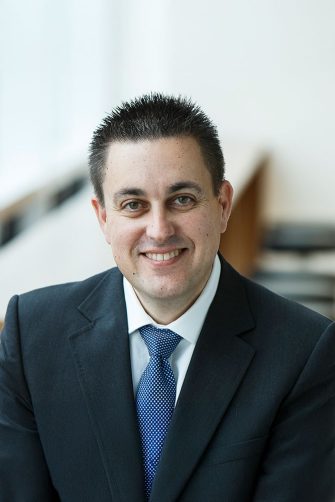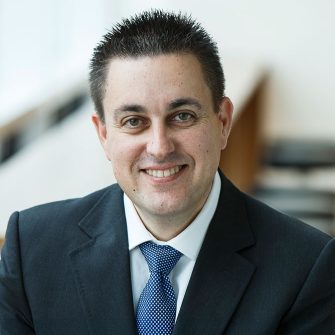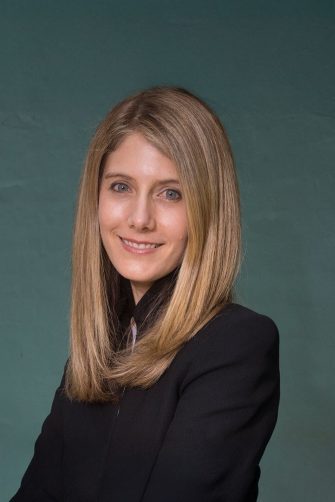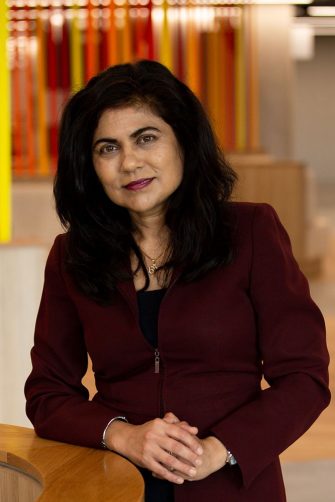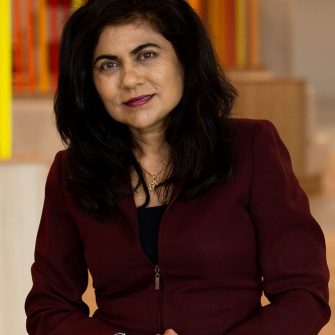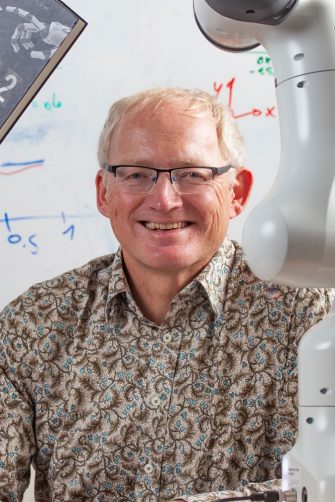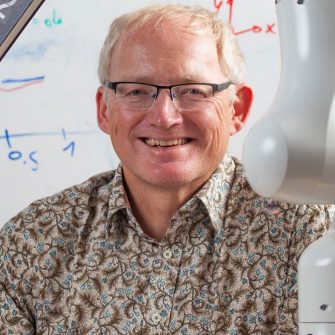World-leading research powering tomorrow’s big ideas




The pace of change is accelerating and the world will shift to solar and wind energy over the coming decade. I believe a huge transformation of historic significance is underway.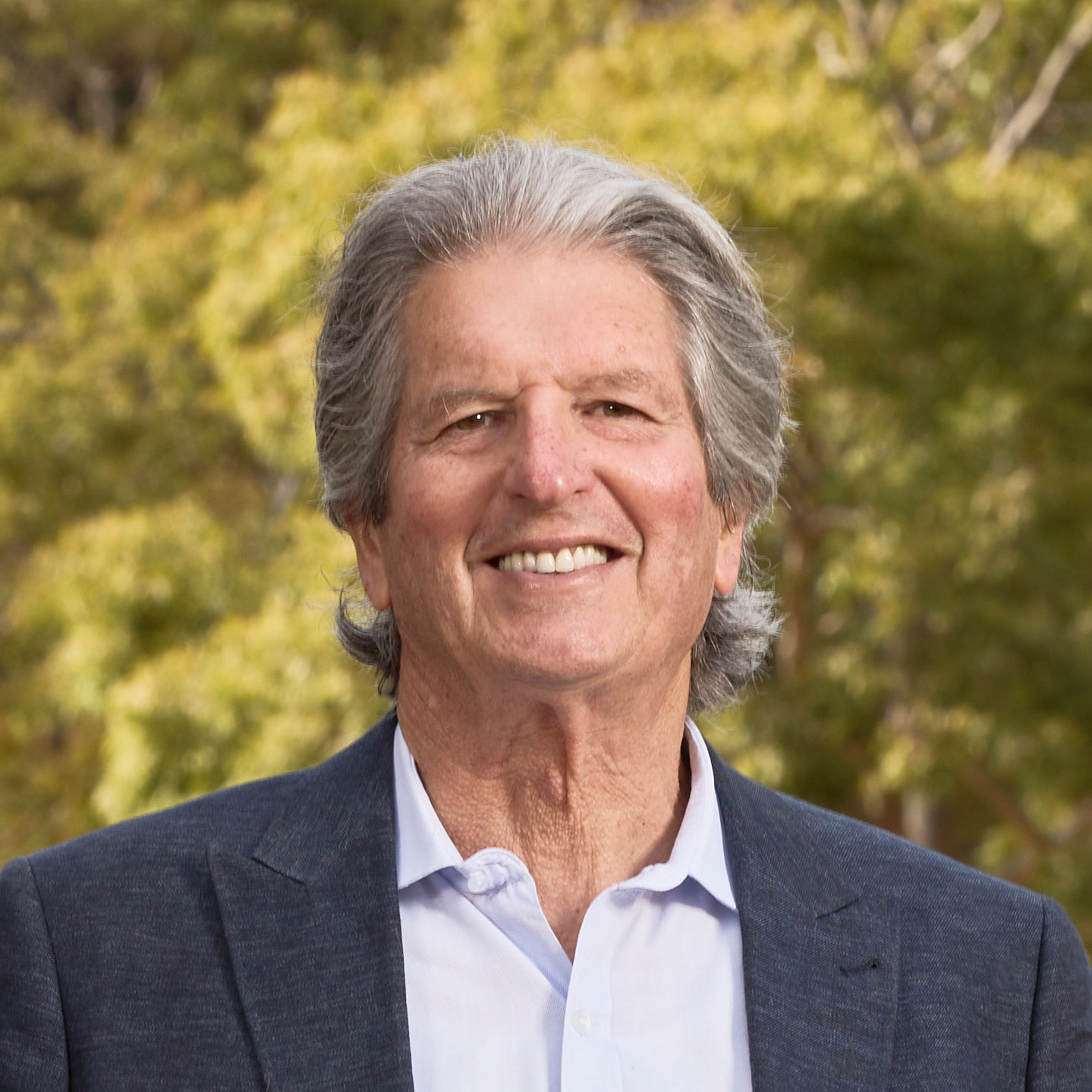
Pioneering solar energy research
Scientia Professor Martin Green and his team developed the PERC technology used in 90% of the world’s solar energy.
In a world focused on renewable energy, one person stands out in solar technology - Scientia Professor Martin Green from UNSW Sydney. As the Director of the Australian Centre for Advanced Photovoltaics, Professor Green leads a team in solar energy innovation. They have transformed the global energy landscape.
One of the most groundbreaking contributions from Professor Green and his team is the development of Passivated Emitter and Rear Cell (PERC) technology. This revolutionary advancement is now used in 90% of the world’s solar energy production, underscoring the profound global impact of their research. The PERC technology enhances the efficiency of solar cells, making solar power more accessible, affordable and sustainable worldwide.
Global Energy Prize
Professor Green’s commitment to advancing photovoltaics has earned him and his team numerous accolades. They were recently awarded the prestigious Queen Elizabeth Prize for Engineering, one of the world's most significant engineering honours. This award recognises their unparalleled contributions to solar energy and cements their status as world leaders in the field.
The accolades do not stop there. The team’s research has won the Global Energy Prize.
They have held the world record for silicon solar cell efficiency for 30 of the last 39 years. Many consider this achievement one of the "Top Ten" milestones in solar photovoltaic history. It shows their ongoing excellence and innovation.
The Australian Centre for Advanced Photovoltaics
The Australian Centre for Advanced Photovoltaics, of which Professor Green is a director, is a collaborative initiative involving several Australian universities and research groups. Their combined efforts continue to push the boundaries of what’s possible in solar technology, driving global advancements in renewable energy.
A clean energy future
As the world faces the urgent challenges of climate change, the pioneering efforts of Professor Martin Green and his team at UNSW have helped establish the foundation for a cleaner, greener energy future and people will benefit from his influence for decades to come.







